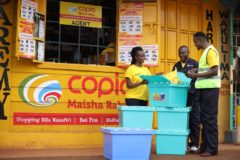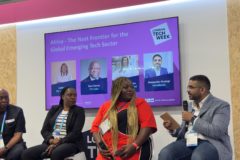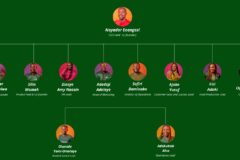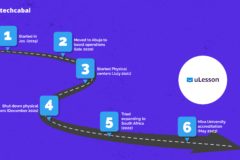In 2015, only 55 African startups were able to secure investments. At the time, current unicorns like Flutterwave and Wave were still in their early-stage, and Africa’s venture capital boom had not begun.
By 2020, the number of African startups that had secured funding had increased, by 552.73%, to 359 startups. 2021 saw startups raise over $4 billion from 355 funding rounds from investors like LoftyInc, Y Combinator, Partech and Novatech. The reason for the investor boom is largely due to the opportunities for growth in Africa’s tech sector. There are huge swathes of underdevelopment in infrastructure, logistics, remittance, and energy begging for startup intervention. The internet penetration rate in sub-Saharan Africa (SSA), for example, is still at 29% while only 46.7% of persons living in SSA have access to on-grid electricity.
It’s no secret that startups are continuously popping up with ideas on how to solve the continent’s problems. Unfortunately, very few of these startups actually succeed or excel in their operations. According to a 2019 World Economic Forum (WEF) report, only 8% of African startups make it to the Series B stage of funding. Across the continent, startup failure rates range from 61% in Nigeria, 75% in Ethiopia, and 74% in Ghana, to 58.3% in Senegal and 58.7% in Kenya. Funding plays a large role in this gap and a number of startups are unable to secure funding due to a lack of operational excellence—a mindset of the workplace where problem-solving, teamwork, and leadership results in continuous improvement in an organisation.
To examine how startups can achieve operational excellence and attract more funding in the process, TechCabal spoke with Femi Adeyemo, founder and CEO of Arnergy.
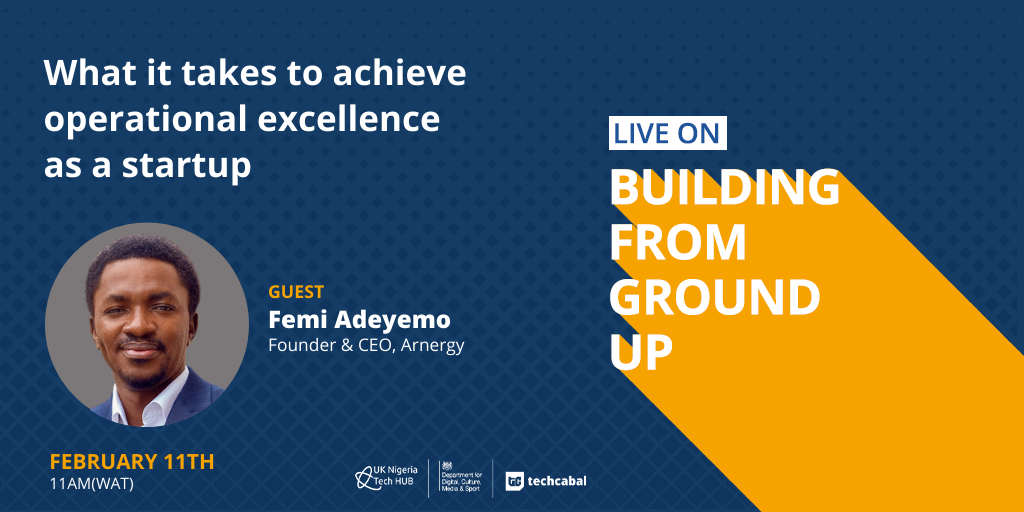
Arnergy is a solar energy company in Nigeria that’s providing energy solutions to multinational clients—including Heineken, KPMG, Shell, Citibank, 54Gene, Ardova, and the Dangote Group. In the third episode of Season 2 of Building from Ground Up, Daniel Adeyemi, Senior Reporter at TechCabal, sits with Femi Adeyemo to discuss Arnergy’s past and how startups can emulate its success through operational excellence.
Leading by example
The most important thing Adeyemo thinks founders can do to help build and sustain a culture of operational excellence in their startups is leading by example. This sometimes involves doing things that may not necessarily scale, especially when starting out.
“At Arnergy’s inception, I was one of the engineers installing solar panels,” he says, “It was something I knew would not continue, especially if we grew, but I still did it because I had to lead my team. Early-stage employees saw how I worked, and how I excelled.”
While such hands-on learning or teaching may not be feasible as startups grow and expand, it helps build foundational team members who can then carry on the same practice with their teammates.
Walk the talk
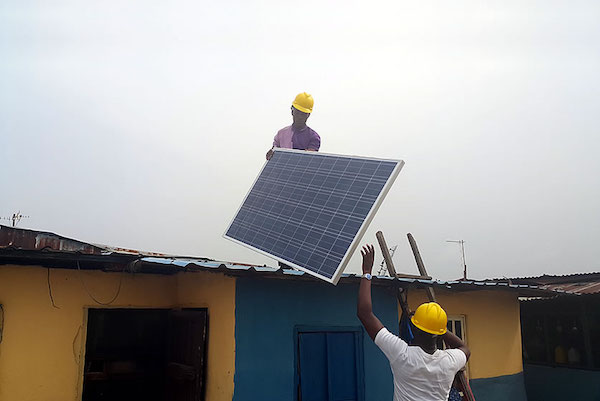
If you’re leading your team by example, you should also endeavour to lead your customers by using your products: Walk the talk!
According to Adeyemo, all major Arnergy offices and sites—including his own home—are fitted with Arnergy products. “I run a solar energy company. It won’t be a good look if customers come to my office and see us running generators. We have to walk the talk and use our products, so prospective customers can see that we trust ourselves.”
Adeyemo also points out that walking the talk helps in product management as well as sales and marketing. “In using your product, you learn how to design it better; you learn its flaws and what improvements can be made. You’re also able to quickly diagnose problems that customers have.”
KPIs v OKRs
The founder points out the importance of distinguishing between Key Performance Indicators (KPIs) and Objectives and Key Results (OKRs).
“Organisations cannot achieve operational excellence by sticking to what we know as KPIs, which is what is set at the beginning of the year and then measured at the end,” he says. “You need to have consistent feedback and 360° reviews. This is where OKRs come in. Objectives and Key Results are a more reliable way to boost operational excellence, and feedback helps you iterate your OKRs.”
Unlike KPIs, OKRs provide for aggressive goals and, more importantly, the measurable steps that can be taken to achieve those goals. OKRs are a strategic framework whereas KPIs are measurements that exist within a framework.
Adeyemo also explains the importance of standardisation and how it’s critical to helping startups scale properly. “It’s one of the lessons we’ve learnt on the way to becoming a major player in the energy sector. When Arnergy started in 2013, investors weren’t too crazy about energy. Everyone was rushing into fintech, and so we did a lot of bootstrapping. But standardisation helped us build along the way, and it’s what helped us scale effectively.”
“There’s also no perfect product”
Adeyemo points out that startups and entrepreneurs need to learn to build first, then iterate as they go on. “And it all ties into my point about consistent feedback. Feedback will help you iterate. When Samsung launched the first tablet, it was not perfect; it was buggy overheated quickly. But if they hadn’t released it, they might be where Nokia is today, which is nowhere. Now, Samsung has sleeker tablets, and that’s because they keep iterating.”
Another lesson is offering products at prices your target customers can afford. “It was easy to say that our target market is 80 million Nigerians who don’t have consistent access to electricity, but how many of them are willing and able to pay for our products? So, the ability to create products within the income reach of your customers is something that will help you scale.”
In closing, Adeyemo reiterates that operational excellence is a top-down approach. “Line managers and founders are subject to it too. Founders should also check in to make sure that it’s what is being reported that is being done. It doesn’t mean that leaders should micromanage—you should trust your people—but when it’s necessary, check in on people and validate the data reported.”















